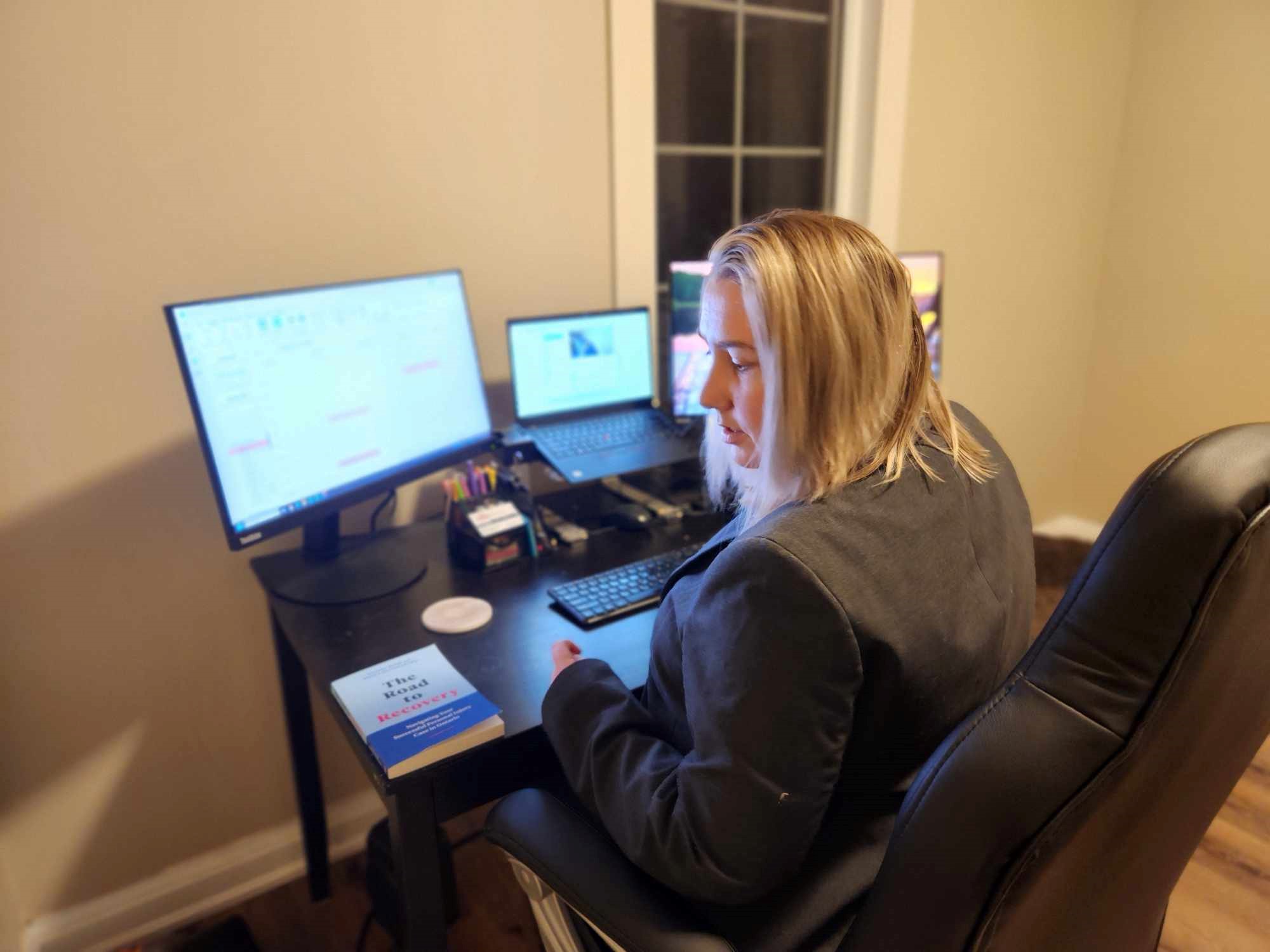How to Answer Questions Productively During a Zoom Examination for Discovery in Your Ontario Personal Injury Case

The examination for discovery is a critical stage in an Ontario personal injury case. It allows the opposing side to gather information relevant to the case by asking you questions under oath. Due to the rise of virtual legal proceedings, these discoveries are now often conducted via Zoom. While this can make the process more convenient, it also introduces new challenges that require preparation and focus. This article offers practical tips to help you answer questions productively and effectively during a Zoom examination for discovery.
- Understand the Purpose of the Examination for Discovery
The goal of the examination is for the opposing lawyer to understand the facts, identify key issues, and assess the strengths and weaknesses of your case. Your answers could impact the outcome of the case, so it’s crucial to:
- Stick to the facts and avoid speculation. (Don’t guess!)
- Provide clear, concise answers to reduce misunderstandings.
- Maintain honesty—any false information can harm your credibility.
- Prepare Thoroughly Before the Examination
Preparation is key to feeling confident and calm during discovery. Here’s how to get ready:
Review Your Case Materials
- Go over your statement of claim, medical records, and any relevant documents.
- Ensure you remember important dates (e.g., the accident date, medical visits, and treatment milestones).
Meet with Our Firm
- Schedule a preparation session to understand what types of questions to expect.
- Practice answering sample questions with your lawyer to get comfortable with the format.
Test Your Technology
- Ensure your internet connection, camera, and microphone are functioning correctly.
- Familiarize yourself with Zoom features such as mute and video controls.
- Create a Comfortable and Distraction-Free Environment
Your environment matters because distractions can make you lose focus.
- Choose a quiet room with minimal background noise.
- Make sure the lighting is good so your face is clearly visible on camera.
- Turn off notifications and put your phone on silent mode to avoid interruptions.
- Listen Carefully and Take Your Time Before Answering
During discovery, the opposing lawyer may ask complex or leading questions. Here’s how to handle them productively:
- Pause before answering to ensure you fully understand the question.
- If a question is unclear, ask for clarification instead of guessing.
- Avoid rushing; it’s perfectly fine to take a moment to gather your thoughts.
- Answer Questions Directly and Honestly
During the examination:
- Stick to short, factual answers. Avoid volunteering extra information that wasn’t asked.
- If you don’t know the answer to a question, it’s okay to say “I don’t know” or “I don’t remember”—guessing could harm your case.
- Stay calm and polite throughout, even if the questions feel repetitive or frustrating.
Example:
- Question: “When did you first seek medical treatment after the accident?”
- Answer: “On October 15, 2023.”
- Be Mindful of Body Language and Tone
Non-verbal cues are still important, even on Zoom.
- Sit upright and make eye contact through the camera to show engagement.
- Avoid fidgeting or looking off-screen, which can appear as distraction or avoidance.
- Speak clearly and at a moderate pace to ensure you are understood.
- Know What to Do If There Are Technical Issues
Technical problems can happen, so be prepared:
- Notify the group immediately if you experience audio or video issues.
- If the screen freezes or a question is missed, ask for the question to be repeated.
- Ensure your lawyer provides you with contact information for quick assistance if Zoom disconnects.
- Take Breaks When Needed
Discovery sessions can be long, and fatigue may affect your ability to answer effectively.
- You have the right to request a break if you are feeling tires, sore or overwhelmed.
- Use breaks wisely to stay refreshed and focused.
- Avoid Coaching or Assistance During the Session
Since the discovery is under oath, it’s critical to maintain integrity:
- Do not have any notes, devices, or individuals coaching you during the session.
- Your lawyer can step in to object to inappropriate questions, but we cannot assist coach you privately. Sometimes there are questions we can help with answers but those are specific non-controversial topics or specific legal questions.
- What to Do After the Examination for Discovery
Once the session ends, meet with your lawyer to:
- Review your answers and assess how things went.
- Discuss any follow-up actions or additional documents requested during the session.
- Prepare for next steps, including potential settlement discussions, assessments, mediation or further court proceedings.
Final Thoughts
A Zoom examination for discovery in an Ontario personal injury case can feel stressful, but with the right preparation and mindset, you can answer questions productively and confidently. Remember to listen carefully, stick to the facts, and take your time. We are there to support you, so don’t hesitate to consult with us before and after the session.
By maintaining composure and following these strategies, you will be well-prepared to navigate the process and help your case move forward smoothly.














